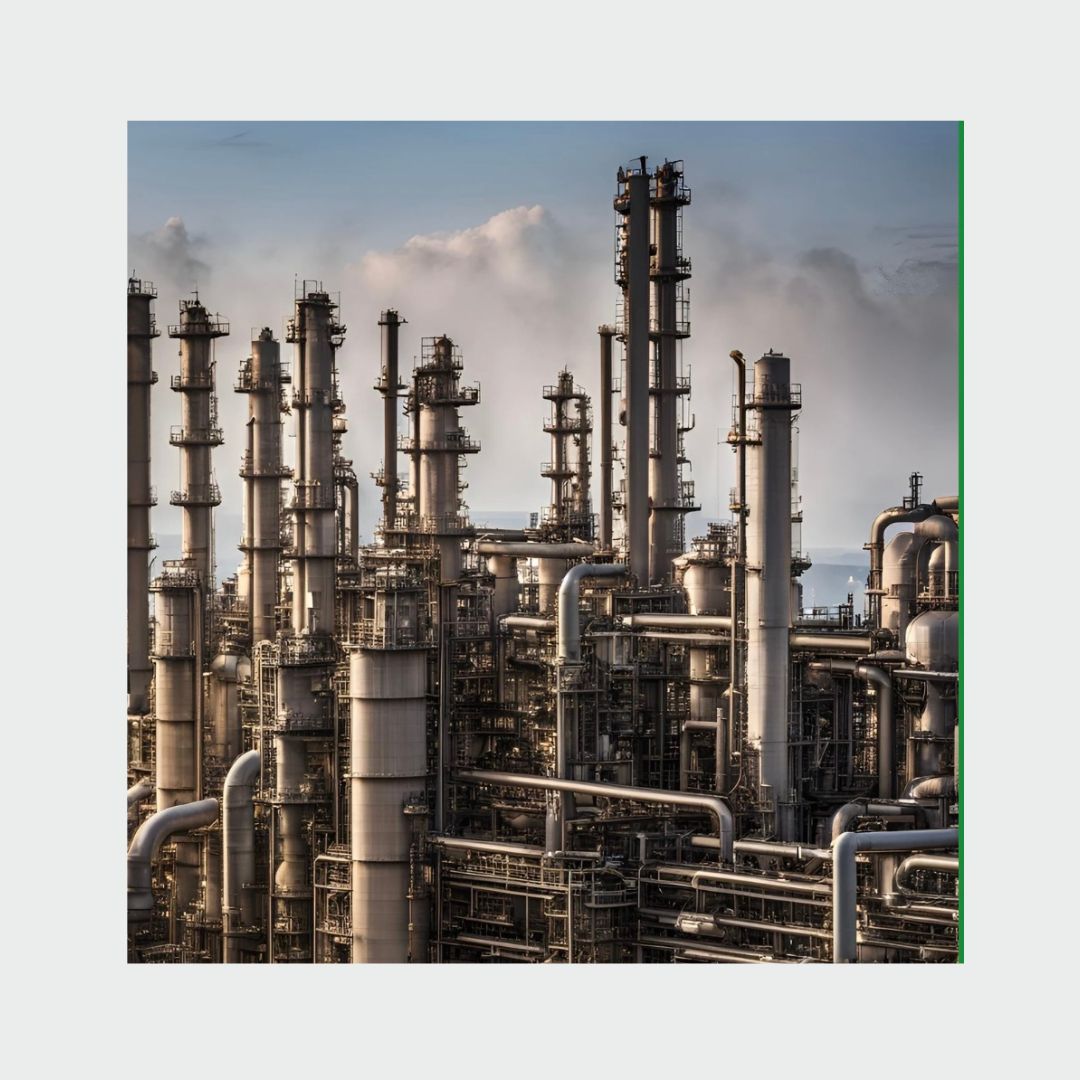The Port-Harcourt Refinery reopened with great fanfare on November 26, 2024, signalling a new era for Nigeria’s energy sector. The government had promised that the refinery’s rehabilitation would bring fuel price relief. The facility was expected to produce fresh fuel, reducing dependency on imports.
The reopening of the refinery was celebrated by Nigerians. Many believed that fuel prices would drop. However, after the jubilation faded, reality set in. It was revealed that the refinery wasn’t actually producing new fuel. Instead, it was blending old stock, mixing Crack C5 with naphtha to sell as petrol. This practice raised concerns about the quality of fuel and its effects on vehicles. The government’s promise of cheaper, locally refined petrol was nowhere to be seen.
Nigerians react to the government magic
Disappointed Nigerians voiced their frustration after learning the refinery’s output was not as advertised. People were angry, feeling deceived by the promises made. Many had expected that the $1.5 billion rehabilitation project would produce tangible results. Instead, they got fuel mixed from old stock, not new production. “We were told this refinery would end fuel scarcity,” said one motorist. “Now we’re stuck with the same old issues,” another added.
Many stakeholders are questioning the real purpose of the rehabilitation. The refinery’s operations have been inconsistent, and there is skepticism over the transparency of the process. Critics argue that the government’s claims of success might be a mirage, using “government magic” to obscure the real issues. “We were promised a new refinery, but what we have is a shadow of that promise,” a petroleum expert commented.
The Port-Harcourt Refinery is a critical part of Nigeria’s oil infrastructure. It was supposed to help stabilize the nation’s fuel supply. However, the refinery’s erratic operations have had a negative effect. Tankers are left stranded, unable to load petrol. This disruption in operations is exacerbating Nigeria’s already difficult fuel supply situation. “How long will we continue to suffer because of these inconsistencies?” one frustrated fuel dealer asked.
Despite claims that it was back in operation, the truth seems far less optimistic. Experts suggest that the refinery may need more time for complete repairs. But the ongoing shutdown raises concerns about the government’s accountability in managing the refinery.
Truth can’t hide
The Petroleum Products Retail Outlets Owners Association of Nigeria (PETROAN) explained that operations were slowed for meter calibration and de-watering of old stock. But this raises questions about the efficiency of the rehabilitation process. “Why wasn’t this issue addressed during the initial repairs?” one analyst asked. Analyst says Nigerians are growing tired of the excuses. They want real solutions, not more “government magic.”
Skeptics are questioning whether the $1.5 billion was properly allocated. “This is the result of poor planning and mismanagement,” said a member of the National Assembly. Despite the large sum spent on the refinery, many believe that the government is hiding the full extent of the problems.
To restore trust in the Port-Harcourt Refinery, the government needs to address operational inefficiencies and transparency issues. Experts suggest that a full audit of the rehabilitation process is necessary. “Without accountability, this project will only continue to disappoint,” one industry insider warned. Nigerians are demanding more than just promises; they want a functioning refinery that can meet the nation’s energy needs, he added.

Leave feedback about this